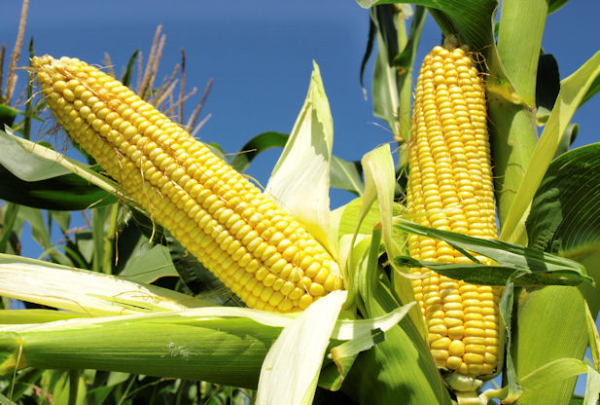
ZIMBABWE is still importing grain despite claims by the government that it had stopped doing so in February last year following a bumper harvest from the command agriculture programme.
BY MTHANDAZO NYONI
The government, in February last year, said it had stopped issuing grain import permits and that no maize imports were allowed.
But latest trade data from the Zimbabwe National Statistics Agency (ZimStat) showed that the country imported maize worth $976 765 in three months, from February to April this year.
Beside maize imports, the foreign currency starved nation imported rice worth $34,4 million, durum wheat ($27,4m), soya beans ($3,2m), ground nuts ($2,1m), fresh grapes ($1,2m), grain sorghum ($710 676), apples ($627 625), peaches ($38 680) and peas ($1 025), among others.
The imports came despite government praising command agriculture, which was seen as an import substitution exercise.
Command agriculture was unveiled in 2016 to ensure food security and reduce dependency on imports.
It had a budget of $500 million, under which it aimed to produce two million tonnes of maize from 400 000 hectares of land. The 2018 national budget projected a maize output of 2,2 million tonnes this year.
- Chamisa under fire over US$120K donation
- Mavhunga puts DeMbare into Chibuku quarterfinals
- Pension funds bet on Cabora Bassa oilfields
- Councils defy govt fire tender directive
Keep Reading
Efforts to get a comment from Lands, Agriculture and Rural Resettlement deputy minister, David Marapira were fruitless, as his cellphone went unanswered.
He had not yet responded to questions sent to him on WhatsApp at the time of going to print.
But late last year, he denied that the country was still importing maize, saying the Grain Marketing Board was still collecting the grain.
The country, according to government officials, harvested about 2,1 million metric tonnes of grain, including small grains such as sorghum and millet in 2017.
While addressing delegates at the official opening of the Southern African Confederation of Agricultural Unions annual meeting in Victoria Falls on Monday, President Emmerson Mnangangwa called on African governments to invest in agriculture, revealing that the continent spends about $50 billion on food imports annually.











